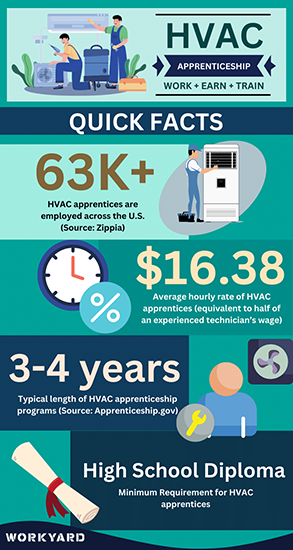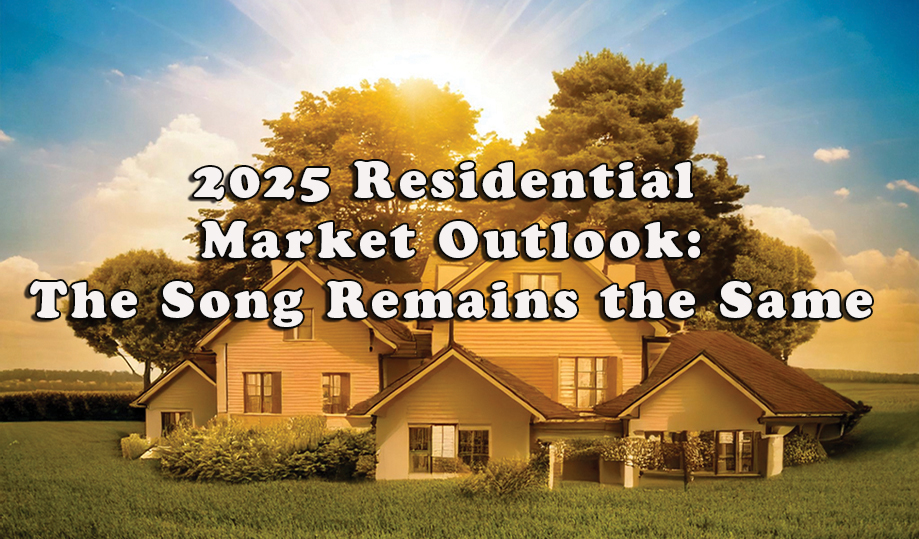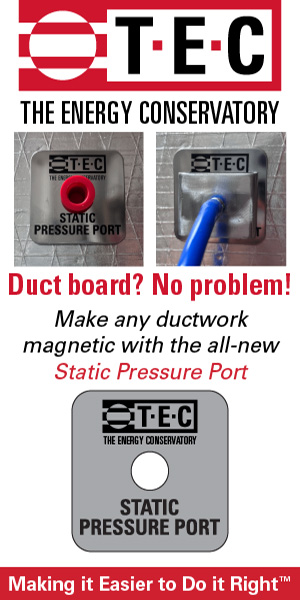Here are some suggestions from Batongbakal:
- Make career paths a priority in your company that include work-life balance and personal growth opportunities for technicians
- Invest in training, certifications, and advanced tools and instruments for them
- Retain older workers by adjusting their roles or creating part-time positions that keep them in the “knowledgebase” behind your techs’ success in the field
- Create partnerships within your community. Such partnerships create more visibility for your company and team and demonstrate their value
- Establish recruiting programs through apprenticeships with local high schools and trade schools
- Make sure you have excellent benefits, including retirement savings plans, more paid time off, and better pay.
Whether you believe in the climate crisis or not, as extreme weather conditions continue to become more common, the need for reliable HVAC system installations, repair, and maintenance will continue to grow. This will increase the demand for HVAC techs.
Technology Trends

of the Workyard website.
Regarding evolutionary technology trends in our industry, the song remains the same – only the parts keep changing. What do I mean? In my opinion, our industry is simply outstanding in its ability to “turn on a dime” to meet technological challenges, regulatory requirements, and consumer demands.
For example, two significant technological trends that began in 2024 and will continue through 2025 and beyond are the nationwide push for electrification and renewable energy integration.
There’s a notable shift towards electric HVAC systems, particularly heat pumps, due to their superior energy efficiency and environmental benefits. This transition is supported by state and federal government incentives and evolving building codes that favor electric over gas-powered systems.
Integrating HVAC systems with renewable energy sources, like solar panels, is becoming more common and incentivized by many public utilities and the federal government.
New cold-climate heat pumps are part of the move toward electrification and renewable energy integration.
With the ability to reduce greenhouse gas emissions and energy consumption, heat pumps continue growing as an attractive alternative to traditional HVAC systems.
Other Industry Trends to Consider
It is important to note that several other industry and technological trends will also contribute to a positive year in 2025. These include the following:
Indoor Air Quality (IAQ): Post-pandemic, there’s an increased focus on IAQ, with consumers demanding HVAC systems that improve air quality by filtering pollutants, allergens, and pathogens. Advanced filtration systems, UV light purifiers, and humidity control are becoming standard features in modern HVAC units.
Smart HVAC Systems and IoT (Internet of Things): The adoption of smart home technology continues to grow, with more homeowners installing Wi-Fi-enabled thermostats and HVAC systems.
These systems offer enhanced convenience and efficiency, allowing for remote control and automation. HVAC companies increasingly focus on smart technology to meet consumer demand for connectivity and ease of use.
Geothermal Heat Pumps: Although this is a small market segment, geothermal heat pumps continue to gain attention as an eco-friendly heating and cooling solution. With the reinstatement of tax credits for geothermal technology, there’s potential for increased adoption in the coming years.
It should be no surprise that Energy Efficiency and Sustainability remain on the top trends list. Energy-efficient systems remain a top priority, driven by consumer demand and regulatory pressures.
Innovations such as variable-speed furnaces and heat pumps, which offer consistent temperature control and lower energy consumption, are increasingly popular. The push towards greener HVAC solutions should continue, with more consumers willing to invest in eco-friendly products and services.
Click Below for the Next Page:













Recent Comments